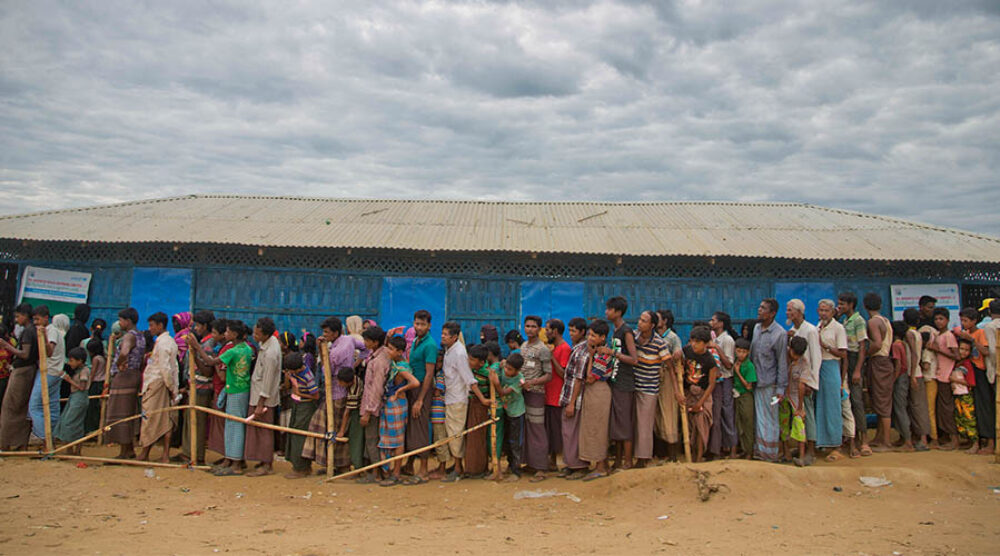The rule of law is a principle concerning the relationship between a government and its citizens. At the core of the rule of law is the capacity of the law and the legal system to impose meaningful restraints on arbitrary actions by the state and powerful individuals. It implies that the law binds both the state and other societal actors and protects people from injustices. The World Justice Project articulates the rule of law as embodying four universal principles:
Figure 1: Universal principles of the rule of law

A robust rule of law based on the above principles supports the following objectives:
- Helping to combat corruption and poverty;
- Ensuring that individuals, organisations and governments are subject and accountable to the law;
- Ensuring that the law is transparent and applied consistently and impartially; and
- Ensuring that there is fairness and certainty in the legal system.
Australia’s commitment to the rule of law is articulated in the 2017 Foreign Policy White Paper: ‘Our adherence to the rule of law extends beyond our borders … We do not seek to impose values on others. We are however a determined advocate of liberal institutions, universal values and human rights’. Efforts to cultivate a robust rule of law culture have been a key feature of bilateral foreign aid programs, and in the agendas of multilateral organisations such as the World Bank. For countries emerging from periods of political conflict, strengthening the rule of law and relevant institutions is regarded as integral to securing peace and the democratic transition. In business environments, the rule of law provides a framework of predictable rules and accountability, resulting in greater economic participation and improved productivity.
The rule of law, while for many serving as a universal political ideal, has by no means been accompanied by a universal commitment. The World Justice Project reports that globally we are seeing countries’ rule of law performance in the areas of human rights, checks on government powers, and civil and criminal justice decline. Even mature democracies like the United States and Australia are displaying declining trends in fundamental aspects of the rule of law. Rising authoritarian trends, populist political figures, disregard for minority rights and retreat from international obligations pose the gravest challenges to the rule of law.
As a region, South East Asia has legacies of authoritarian rule, political interference in the judiciary and human rights violations sanctioned by state actors. The silencing of critics, attacks on the press and the legislating of draconian laws have sometimes been justified with reference to upholding or enforcing “the rule of law”. Such moves have eroded institutional safeguards, such as constitutional courts and anti-corruption and human rights commissions and led to the weakening of the rule of law in the region.
South East Asian states often rank poorly in global rule of law indices. For example, the World Justice Project Rule of Law Index 2019 ranked the following South East Asia countries out of 126 countries surveyed globally on public perceptions of the rule of law: Singapore (13), Malaysia (51), Indonesia (62), Thailand (76), Vietnam (81), Philippines (90), Myanmar (110) and Cambodia (125). But poor rule of law performance in South East Asia is not an isolated case, with regional trends appearing to mirror global ones.
Given Australia’s extensive economic relationships and people-to-people links with South East Asia, it is important that Australian businesses recognise and understand the rule of law variations operating in the region. This is especially crucial in considering investment opportunities, the facilitation of trade, and in understanding and mitigating political risk when dealing with the countries of the region. A deeper understanding of each individual country’s socio-political culture and legal institutional framework will ensure a richer comprehension of social, legal, and business landscapes, and identify opportunities to explore some the region’s key rule of law challenges.
Please click here to read the full “Assessing the state of the rule of law in South East Asia” article published in the 2019 State of the Neighbourhood report, written by Griffith Asia Institute Research Assistant, Dr Lucy West.








